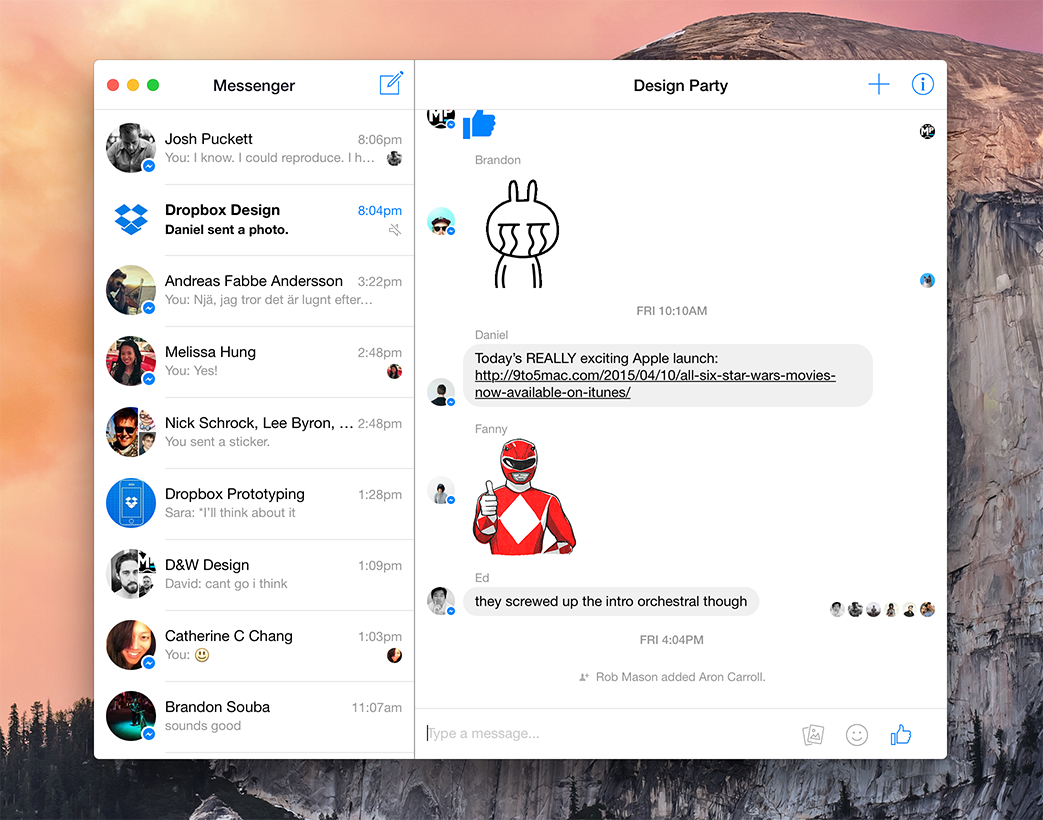

One big difference between Messenger Kids and other social media apps is that parents have to set up the accounts. I was pre-briefed on the app in my capacity as chief executive officer of, a nonprofit internet safety organization that receives support and advises several tech companies, including Facebook.

Kids also have access to a pre-approved library of stickers, GIFs, masks, frames and drawing tools to decorate their content. The app also allows kids to send photos, videos and text messages to approved adults, who receive the messages on their Facebook Messenger app. Messenger Kids, announced Monday, isn’t exactly an education app, but it’s tailored to give kids 6 to 12 the ability to engage in conversations as well as exchange messages, videos and images with parent-approved friends and family.

… My philosophy is that for education you need to start at a really, really young age.”

In 2011, CEO Mark Zuckerberg said, “That will be a fight we take on at some point. Facebook has privacy protections for teens under 18, but these protections aren’t designed for younger children who lack the maturity to navigate the choppy waters of social media.įacebook has long been looking for a way to serve children under 13. In other words, “officially,” these services are for teens and adults, which is one reason it’s disturbing that younger children sneak in. But, because these services are all about sharing, it’s nearly impossible to operate without collecting personal information. The act requires children younger than 13 to have verifiable parental consent before they can disclose personal information to a commercial service. One of the main reasons social media and messaging services try to block children under 13 is to comply with the Children’s Online Privacy Protection Act. I haven’t seen recent research showing how many pre-teens are using Instagram, Snapcat, Facebook Messenger, Kik and other apps aimed at teens and adults, but I suspect the numbers are into the millions. Later that year, a research team led by danah boyd (she spells her name all lowercase) found that 95 percent of the parents whose 10-year-olds were on Facebook knew about it, and 78 percent of them helped their kids sign up. In 2011, Consumer Reports released research saying that 7.5 million children under 13 were using Facebook in violation of the company’s terms of service that require all users to be 13 or older. This post first appeared in the San Jose Mercury News


 0 kommentar(er)
0 kommentar(er)
